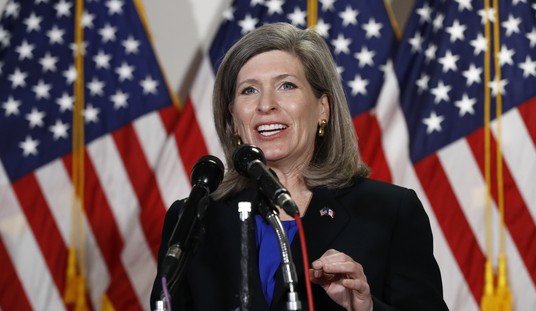The Bernie Sanders model of Medicare for All is running into some stiff opposition, but it’s not all coming from his political rivals. At their annual meeting this month, the American Medical Association (AMA) held a vote on a proposal to drop their long-held opposition to such plans. It was closer than in the past, but the vote still failed and the group will not be endorsing any Medicare for All legislation. Instead, they chose to support measures intended to strengthen Obamacare. But hey… what would a bunch of doctors know about it, right? (The Hill)
The nation’s largest doctors group on Tuesday voted against a measure that would have dropped its decades-long opposition to single-payer health care proposals.
The American Medical Association’s (AMA) House of Delegates voted 53 percent to 47 percent against the measure, but adopted a slate of proposals to shore up the Affordable Care Act.
The AMA is part of a coalition of insurers, drug companies and hospital groups aggressively lobbying against “Medicare for All” proposals in Congress.
So 53-47 sounds like a pretty close split, which may signal that a change is on the way. But how the members split seems to be significant. A separate report shows that the members voting in favor of Medicare for All were largely composed of medical school students who haven’t yet gone out into the world to establish their own practices. Perhaps a few years of real-world experience will alter their opinions.
Doctors are on the front lines of this debate because their offices are the interface between patients and insurance companies. They’re also the ones who are tasked with caring for patients while also making sure that they are compensated for their services. The reality is that an increasing number of doctors are refusing to accept new Medicare patients and some are opting out of the program entirely. The reasons they give are generally the same. Medicare’s reimbursement rates are too low (and moving lower) and their byzantine rules and regulations make it difficult to work within the system to begin with.
The upshot of all this is that the doctors still seeing Medicare patients generally have to make up the financial losses off the backs of their patients with private or employer-provided insurance. If the country moves to a Medicare for All model, a lot of these doctors claim that they won’t be able to stay in business. At that point, the question of who is going to provide your medical insurance becomes somewhat moot if you can’t find a doctor to treat you.








Join the conversation as a VIP Member